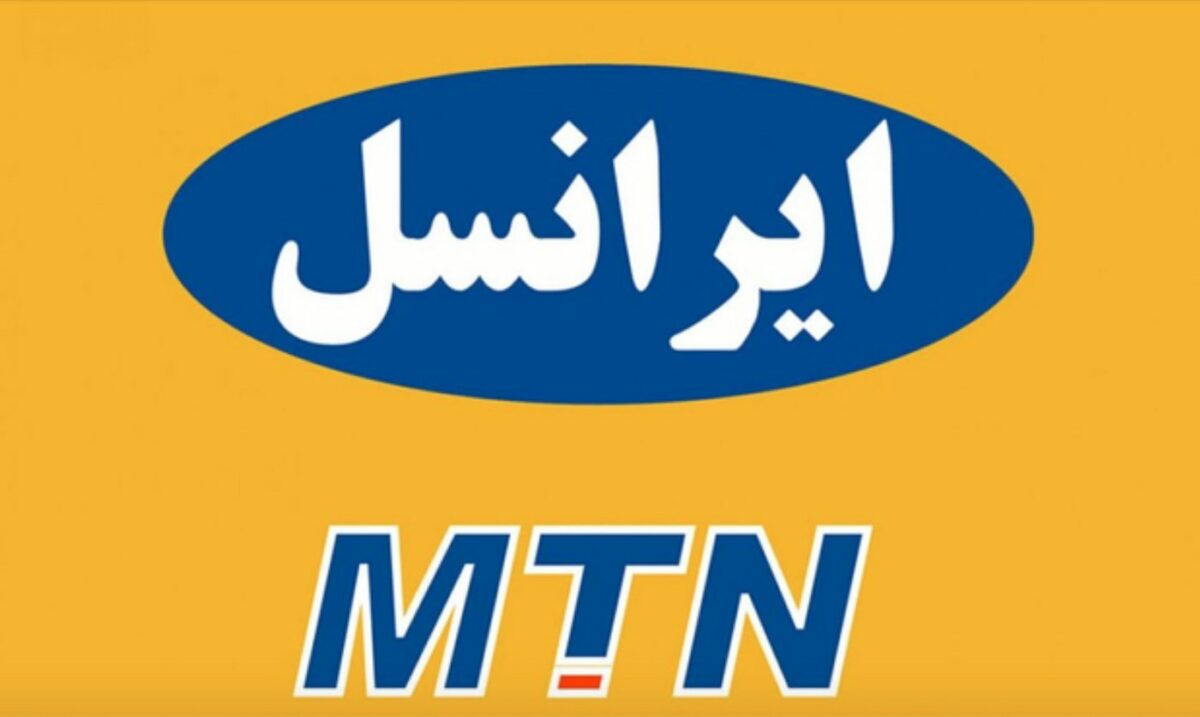South African telecommunications giant MTN has recently been caught in another scandal. It is safe to say that there has been no shortage of controversy over the company’s operations since 2005, particularly in the Middle East. The company has been accused of bribery, terrorism-funding and sanction-busting over the years.
The most popular examples include Afghanistan, Iran and Nigeria. In December 2019, MTN, along with five other companies, was accused of paying protection money to terrorist organizations in Afghanistan. These allegations came to light after a lawsuit was filed in Washington following the death and injury of 200 US soldiers and contractors. The lawsuit stipulates that the money paid to the terrorist organizations provided them with material support and violated the US anti-terrorism legislation. In April 2020, MTN filed a motion to dismiss the case, as the US Court had no jurisdiction over the company. The lawsuit was amended, and a fresh complaint filed by June. By December 2020, a US judge decided that the matter had sufficient merit to proceed to a full trial. This means that the telecoms giant might incur legal liabilities worth millions of dollars.
Similarly, in 2012, a Turkish telecommunications company, Turkcell, filed a $4.2 billion lawsuit in the US accusing MTN of bribing its way to obtaining an operating license in Iran. The group alleged that MTN bribed Yusuf Salojoee, a former South African Ambassador to Iran, to influence the tender process and promised to support the country’s nuclear program in exchange for a license. The company withdrew the case in 2013 and refiled it in South Africa in 2017. Consequently, the South African Hawks raided MTN’s offices and the law firm Weber Wentzel in 2018. This resulted in the arrest of Salojee in 2019. This case is ongoing.
In addition to this, MTN helped fuel the Boko Haram insurgency in northeast Nigeria by failing to disconnect millions of unregistered users after mobile operators in the country were ordered to do so by mid-2015, resulting in the deaths of 17,000 people and over 2.6 million people having to leave their homes.
More recently, MTN has been taken to court in eSwatini over the internet blackout in the country during violent protests calling for the abolishment of the monarchy and demanding it be replaced with a democratic government system. The company stated that it implemented the directive after carefully considering its license conditions and the digital human rights diligence framework. In the interim, the “state” is freely committing human rights violations. It is alleged that 60 people have been killed by members of the Royal Swazi Police Services and the Umbutfo Eswatini Defence Force during this vicious crackdown. There are also allegations that journalists and pro-democracy activists are being tortured and abducted in the country.
The current wave of repression is not new to eSwatini, as journalists, trade unionists and other activists have been subject to sustained repression under King Mswati III. Under his rule freedom of speech, assembly and association have been limited, while dissidents have been arrested, tortured and imprisoned. Homosexuality is criminalized, sexual minorities harassed, and child labour and forced marriage enabled. 60% of those who live rural areas live on less than R30 a day, while reports estimate his wealth to be worth R2.8 billion. MTN’s cooperation with the leadership of eSwatini is regarded as “nothing short of scandalous” in some circles. It is worth noting that Mswati is the largest independent shareholder of MTN Eswatini. In 2012, Sikhanyiso Dlamini, Mswati’s eldest daughter was appointed as one of the company’s local board of directors; while Ambrose Mandvulo, former chief executive of MTN Eswatini, was appointed as the Prime Minister in 2018. This company is firmly entwined with the local elite in the country.
Whilst the Southern African Development Community (SADC) continues to dither, the battle for eSwatini continues. Meanwhile the embrace between Mswati and MTN continues whilst impoverished Swazis languish under the yoke of oppression.

